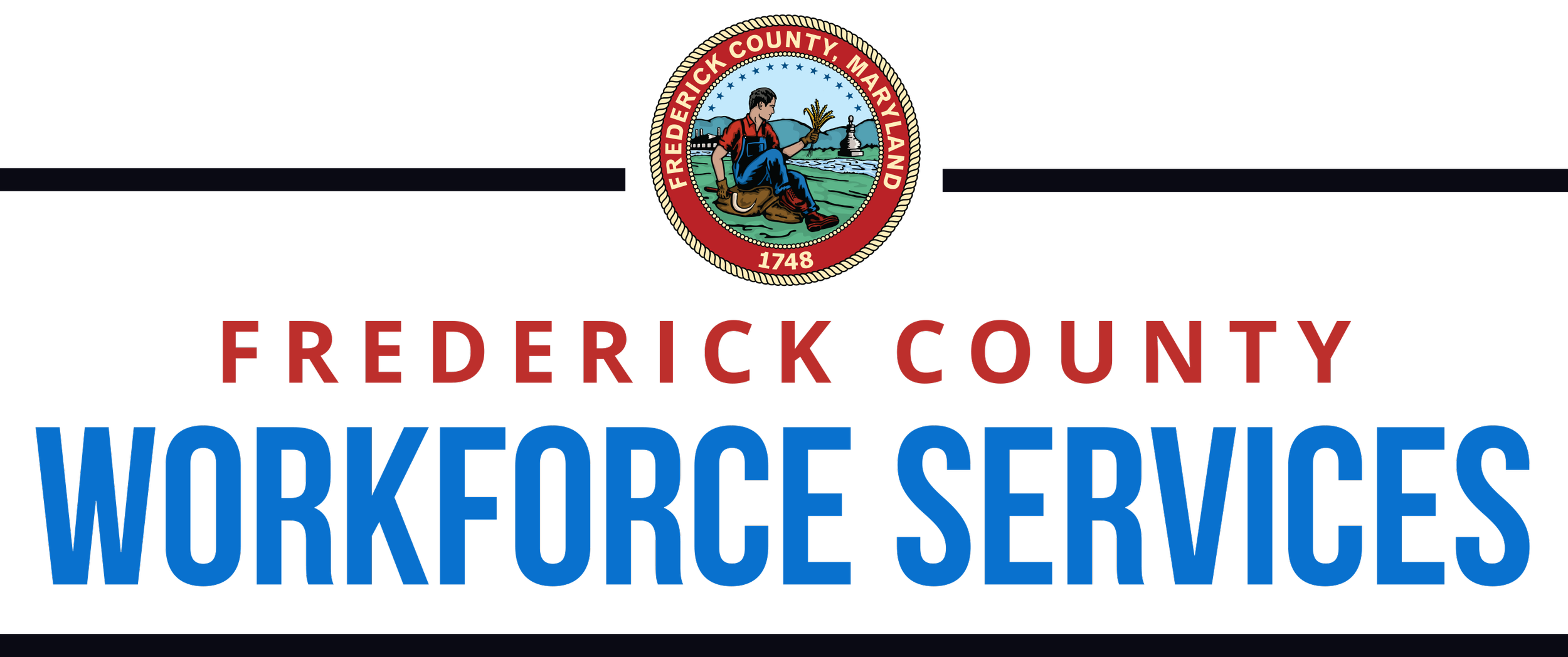Why We Procrastinate
By Rena Larkin, CPRW, GCDF, CCSP, CEMP Employment & Training Consultant
Procrastination isn’t caused by laziness—it usually comes down to how our brains handle discomfort and motivation. The root cause is often an avoidance of negative emotions. When a task triggers feelings like overwhelm, boredom, self-doubt, or anxiety, the brain looks for short-term relief by avoiding it and doing something easier or more rewarding instead.
That avoidance loop is reinforced because procrastination brings immediate relief, even if it creates more stress later.
Some common underlying roots include:
Fear of failure or imperfection – avoiding the possibility of not doing it well.
Overwhelm – the task feels too big or unclear, so it’s easier to put it off.
Low intrinsic motivation – the task doesn’t feel meaningful or rewarding.
Poor emotional regulation – difficulty sitting with discomfort or delaying gratification.
So at its core, procrastination is less about time management and more about emotion management.
Why We Procrastinate (Science-Backed)
Emotion Avoidance
Research shows procrastination is an emotion regulation problem, not a time management one.
Tasks that feel overwhelming, boring, or uncertain trigger anxiety, frustration, or self-doubt. The brain chooses avoidance to escape these emotions.
Reward & Dopamine Loops
The brain prefers immediate gratification. Social media, emails, or snacks give instant dopamine rewards, while big tasks feel distant and unrewarding.
This imbalance makes distractions more appealing than staying on task.
Perfectionism & Fear of Failure
High standards or fear of judgment can lead to paralysis — better to delay than risk doing it “wrong.”
Task Overwhelm
When a task is too vague or too large, the brain perceives it as threatening. This activates stress responses and fuels avoidance.
Strategies to Counter Procrastination
Make Tasks Small & Clear (Reduce Overwhelm)
Break work into “next tiny steps.” Instead of “write report,” start with “open document and write one sentence.”
Small wins reduce avoidance and build momentum.
Use the 5-Minute Rule
Commit to working on the task for just 5 minutes.
This lowers resistance — often you’ll keep going once you start.
Shift the Reward System
Pair tasks with immediate rewards (e.g., coffee after finishing a section).
Celebrate progress, not just completion — this rewires the brain to see the task as rewarding.
Practice Self-Compassion
Studies show that people who forgive themselves for procrastinating are less likely to repeat it.
Replace self-criticism (“I’m lazy”) with curiosity (“What made this feel hard to start?”).
Reduce Friction for Starting
Prepare your workspace, remove distractions, and set clear intentions (“At 10 a.m., I’ll spend 20 minutes outlining”).
Environmental cues make it easier to follow through.
Emotion Labeling
When avoidance creeps in, name the feeling (“I’m anxious about this email”).
Research shows labeling emotions reduces their intensity and helps re-engage with the task.
In short: procrastination happens because we try to avoid discomfort, but we can retrain the brain by making tasks smaller, creating immediate rewards, and practicing kinder self-talk.
